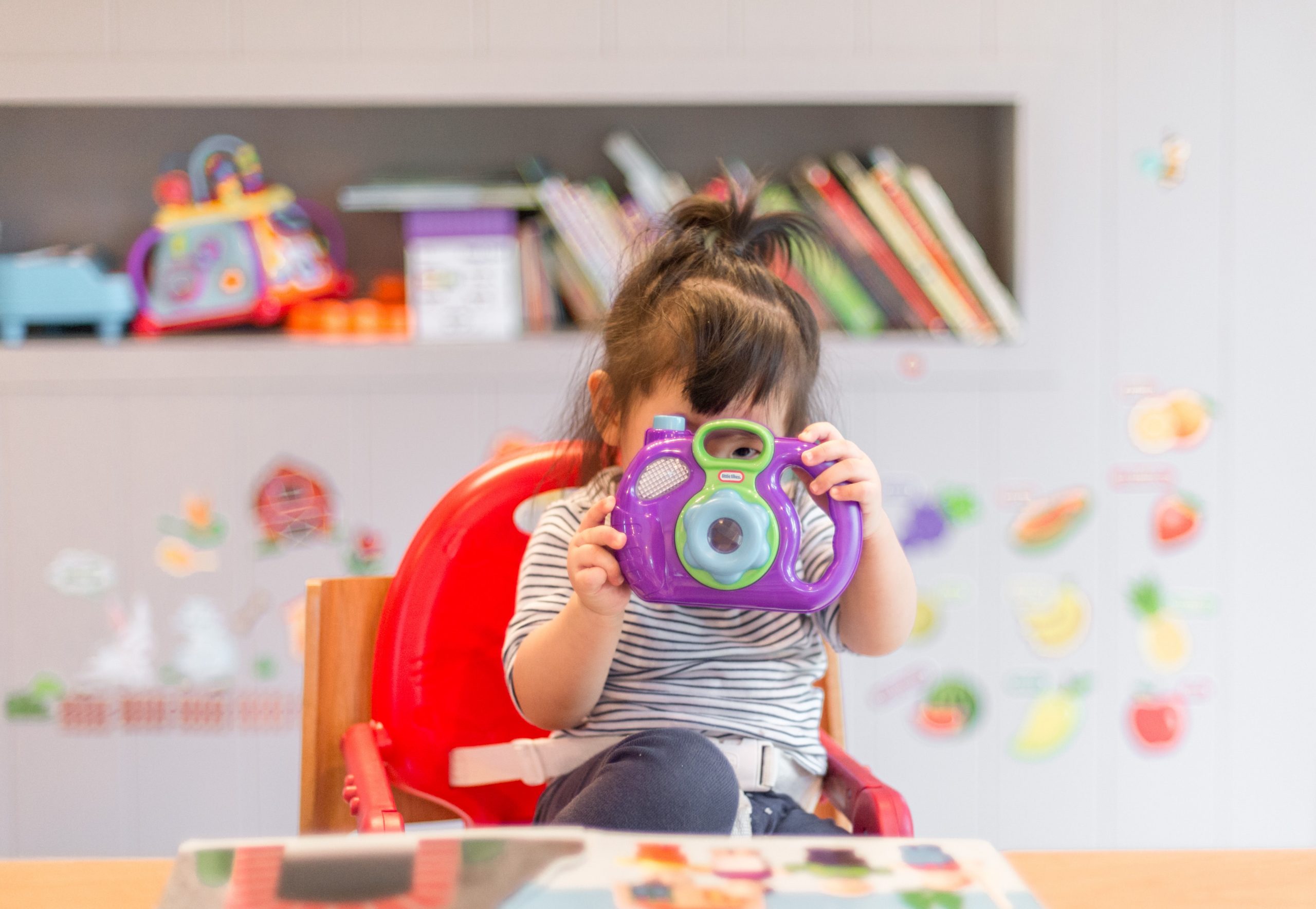
Bullies are a part of life, and they’re not confined to the playground. Your child is bound to have challenges with other people at school, in the neighborhood, and at extra-curricular activities. Learning how to stand up for themselves and handle those difficult encounters is a valuable skill that will serve your children throughout their lives. It’s not always as simple as walking away because your child won’t always be able to just leave an event. However, there are some other tricks your kids can learn to deal with these situations in an effective manner.
A Network of Support
Your child needs to have a network of support. Being able to turn to a group of trusted people who care about him can help your son deal with all types of challenges. The team should include faithful friends as well as supportive adults. Do what you can to help your child foster and develop those positive friendships and maintain an open line of communication with your own child. Bullies choose isolated children for a reason, so make sure that your child knows that he or she is not alone and has that network of people to turn to.
It’s also important to redefine tattling as part of this process. Bullies choose kids who seem to be alone, and they like to remind the kids of that perception. This includes telling children that they don’t want to be labeled as a “tattletale” by turning to a teacher for assistance. Discuss the difference between tattling and getting help, and identify some times when speaking out is the right choice. Bullies want your child to feel isolated, but you help her understand that she’s never alone.
Role Playing
You may have some great ideas for helping your child handle different encounters, but you won’t actually be there when the time comes. You can actually have fun as a family doing a little role playing. After discussing some options with your kids, role play casting yourself as the bully. This can be a great way to help your daughter learn how to think on her feet. When your son is at school the next day and the bully starts making comments, he will be better prepared to respond in a smart and effective manner.
Empathize
It’s hard for kids to picture their strong, wonderful parents as kids who were once teased, harassed, and bullied. Sharing your own past experiences can help them realize that you do understand what they’re going through. When they know that you have been there, they may be more interested in hearing how you handled it. You can tell them what worked, what didn’t work, and help them come up with solutions for today. Your kids will appreciate the honesty and they may be more likely to confide in you when other problems come up.
Respect
You may offer suggestions that your child will instantly shoot down. Rather than becoming frustrated by this, simply ask your child why that approach won’t work. There may be a very good reason that you aren’t aware of. By respecting your child’s opinion on possible solutions, you can work together to come up with a meaningful action plan that your son or daughter can put in place. This means that when you’re talking to your child about the bully, you should listen as much as you speak.
Work on the Emotions
Bullies love getting a rise out of their victims, so simple, unemotional responses won’t give them the satisfaction they crave. Work on teaching your child how to use basic, unemotional language to let bullies know that they’re not going to be victims. The confidence alone can be enough to convince the aggressor to move on and look for other outlets. This is one instance when role playing at home can make a positive impact in your child’s ability to address the situation.
Remember that it’s not just about the verbal language. Body language also matters. How your son stands can make as big a difference as the words that he chooses. Teach your daughter how to maintain eye contact, keep a calm and even voice, and stand firm. Remind your kids to use the bully’s name when speaking to him or her, and have them stand an appropriate distance from the aggressor. They should be close enough to be heard without actually being in the personal space zone.
Prompt Action
Many bullying situations tend to escalate if they’re not handled. It may start out as simple name-calling, but it can elevate to physical violence if nothing is done. Encourage your children to stand up for themselves from day one. Walking away from a bully is always good advice, but have them turn the matter over to an adult if the other person won’t allow them to walk away.
Understanding the Bully
Research shows that people bully others simply because it makes them feel good. Discuss this with your kids. Talk about some reasons why a person may feel the need to harm another in order to feel good. These people are often dealing with their own type of damage, abuse, or pain. Portraying the bully as someone who needs help can allow your child to handle the situation in a more intellectual way. They can start to take the anger and pain out of interactions, and that makes it easier to bring in the unemotional words and confident body language.
Teaching your child how to handle a bully will take some time and effort, but this is a valuable skill that children must learn. In addition to learning when they need adult intervention, it’s also ideal for kids to learn how to handle the encounters on their own so that they will be prepared to defend themselves when adults are not around. Not only will the skills come in handy during these formative years, but your children will continue to benefit from these lessons throughout their adult lives.






















